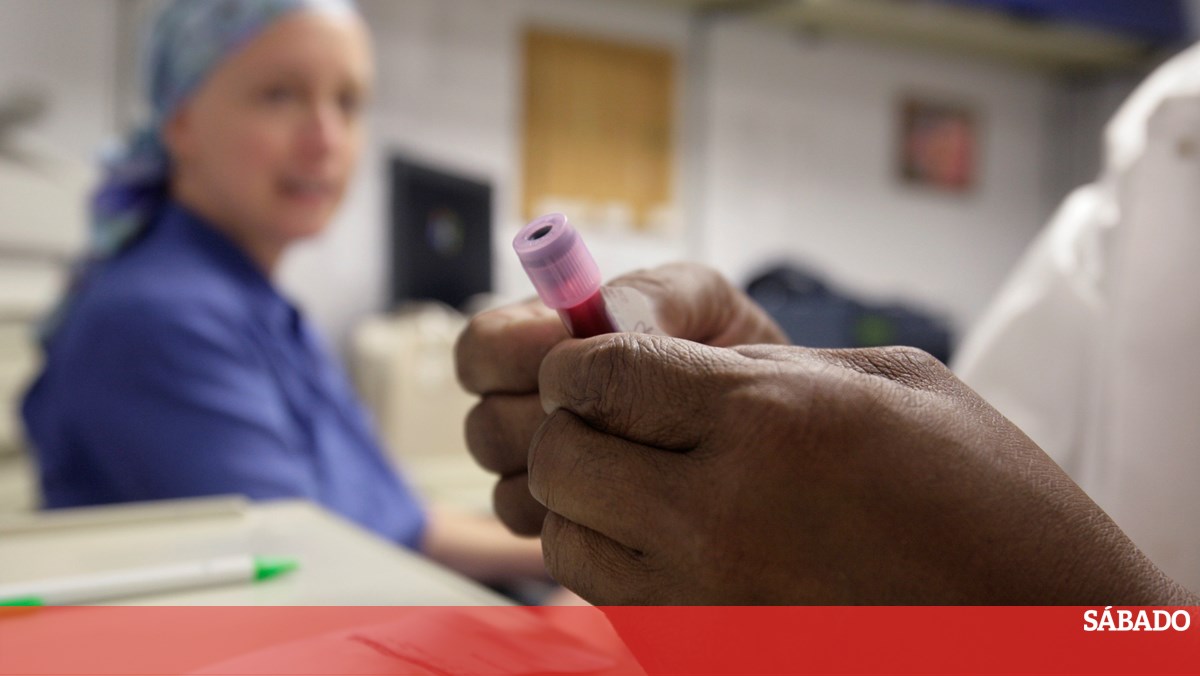The use of Temsirolimus, which is currently only occurring after other treatments have failed, was the solution to treat this patient and may be for all those in the same situation as you.
A patient at Hospital de la Santa Creu y Sant Pau has been diagnosed with serious kidney cancer. The cancer seemed to have been cured, and nine years later a malignant bone tumor was detected, which was also cured. Only now, 15 years after the first diagnosis, is it possible to see why a patient has responded so well to treatments.
Researchers from the National Center for Oncology Research (CNIO), in Spain, were able to show that the rare mutations to which she suffered enhanced the effect of the treatment she was subjected to, using the drug temsirolimus.
It was oncologist Jose Pablo Maroto who decided to use temsirolimus for this treatment, but little did he know that the results would be so positive.
The results of this research will now allow other kidney cancer patients with the same mutation to take temsirolimus or other drugs of the same family soon after diagnosis, because until now this type of drug is used intravenously only after other methods have not shown results – The so-called last line drugs.
to the worldCristina Rodriguez-Antona, researcher in CNIO’s Human Cancer Genetics Program, explained: “At the moment, temsirolimus-family drugs are not the first choice in the treatment of kidney cancer, but this finding suggests that they should be so in certain patients because they work well.” very “.
To reach this answer, scientists needed several years of investigation because it was necessary to find many patients in the same situation. The results indicate very rare mutations in the USP9X protein, which is responsible for regulating the cellular processes responsible for tumor growth. These mutations eliminate USP9X function so that the cell can no longer recycle its waste and dies.
“To understand the impact of USP9X mutations, we developed cellular models and performed tests indicating that cancer cells without USP9X have impaired cellular autophagy,” explains Cristina Rodriguez-Antona. By using Temsirolimus, it is possible to alter autophagy, the process by which cells recycle their waste products, due to their “synergistic effect” so that “tumors respond better to treatment.”
Find it out to
Editions today
Related articles
Discovering cells that spread colon cancer to other organs
A woman survives 12 tumors and becomes a weapon against cancer
Lair Ribeiro: “Cancer has become big business”

“Wannabe internet buff. Future teen idol. Hardcore zombie guru. Gamer. Avid creator. Entrepreneur. Bacon ninja.”

